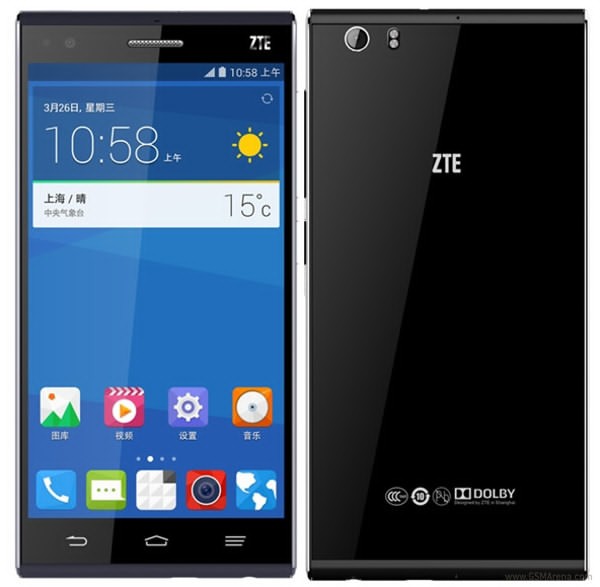About one million ZTE smartphones will be carrying chips by early next year that would be utilizing the BeiDou Navigation Satellite System (BDS) service, according to the Global Times.
The BDS is a 16-satellite system that Chinese officials launched as possible alternative to the United States' Global Positioning System (GPS), Russia's GLONASS network and Europe's Galileo network. By 2020, Chinese authorities expect that about 35 fully operational BeiDou satellites will already be in orbit.
Gu Zhengxi, deputy general manager of Beijing-based CenNavi Technologies Co., a traffic information service provider based on satellite technology, told the Global Times that the majority of chips sold in the domestic market are so-called dual-mode chips, capable of receiving signals sent from both the BDS and the GPS satellite network systems.
Shenzhen-based multinational telecommunications company ZTE early this year, however, demonstrated its own newly developed terminal that has capabilities for receiving signals from all four satellite networks.
If the BDS could also generate commercially viable applications, it would help offset the huge amount of investment spent on its development.
"The proliferation of its application, especially in the field of civilian use, will help the system achieve the economy of scale at an earlier date and bring down its cost," Gu explained.
Presently, aside from China's military, only about 50,000 government-subsidized Chinese fishing vessels use the BDS network for navigation.
China is thus pushing forward for the increased usage of its BDS service and reportedly has plans to cooperate with several countries, including Mexico, Israel and Sweden, to expand the reach of its locally developed satellite navigation system.
The Shanghai Beiga Satellite Technology Co., which developed and which makes the BeiDou chips, was at an industry exhibition in Shanghai for promoting the civilian and commercial use of military technologies.
Wang Yongping, the company's general manager, told Shanghai-based newspaper Wen Hui Bao that "they are improving the chip . . . and will start mass production and consolidate it into about 1 million ZTE smartphones from next March" and that "the figure could hit 10 million by the end of 2016."
The Global Times, however, was not able to reach ZTE for confirmation of Wang's statement.




























